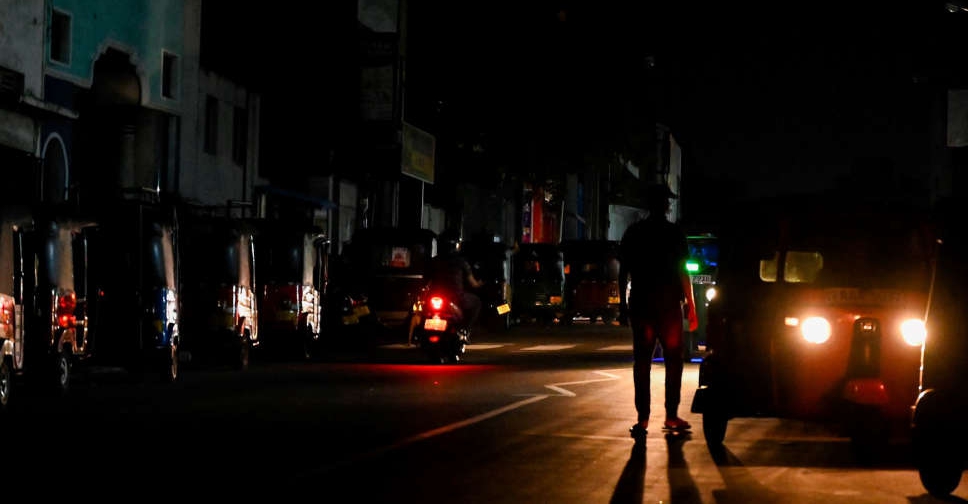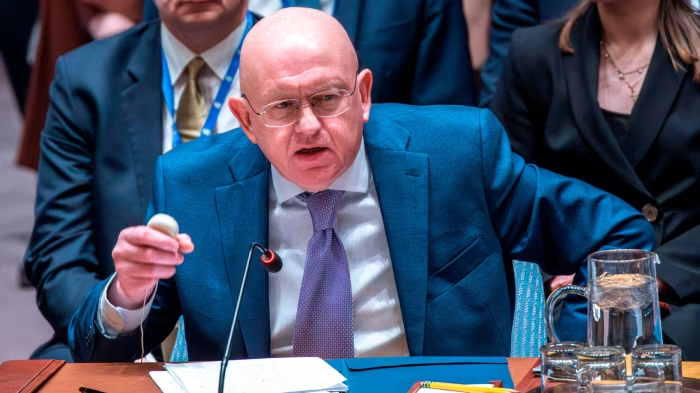Swathes of Sri Lanka have been hit by electricity cuts after a power sector union went on strike in protest against new government legislation, potentially leading to power blackouts as the country faces its worst economic crisis in decades.
About 900 out of around 1,100 engineers of the state-run Ceylon Electricity Board (CEB), Sri Lanka’s main power company, went on strike at Thursday midnight, stalling operations at eight hydropower plants that generate around 1,000 MW of electricity.
The union is protesting against government plans to amend legislation governing the country’s power sector, which includes removing restrictions on competitive bidding for renewable power projects.
Kanchana Wijesekera, the country’s power, and energy minister said he was open to making changes to the legislation that is due to be presented to parliament, adding that consumers have the right to use cheap and uninterrupted electricity supply.
“If the existing CEB act does not need amendments and has the capability to implement renewable energy projects without delay, why did the CEB deprive many who had requested to do so for years?,” Wijesekera said in a tweet.
In an effort to prevent a strike by the CEB Engineers’ Union, Sri Lanka’s President Gotabaya Rajapaksa issued a statement in the newspaper late on Wednesday, declaring electricity supply as an essential service.
“President Rajapaksa called the union president late last night and made an appeal not to let the entire grid collapse. So we are working to ensure hospitals and other essential services have power,” the union’s joint secretary Eranga Kudahewa said.
The government cites renewable energy as a potential solution for the country’s electricity problems and has emphasized the need to allow projects to be approved and implemented more quickly.
ALSO READ: Tinubu’s emergence, important political development for Nigeria – Tanko Yakasai
“We are working to restore services and will talk with the unions to reduce public inconvenience,” said Janaka Ratnayake, chairman of the power regulator Public Utilities Commission of Sri Lanka.
Sri Lanka is struggling with its worst economic crisis since gaining independence from the UK in 1948. The country’s economy has been hit hard by the coronavirus pandemic, rising energy prices, and populist tax cuts.
An unprecedented shortage of foreign exchange to import even the most essential supplies, including food, fuel and medicines, has led to severe hardships for the country’s 22 million people. In April, the country announced it was defaulting on its $51-billion foreign debt.













